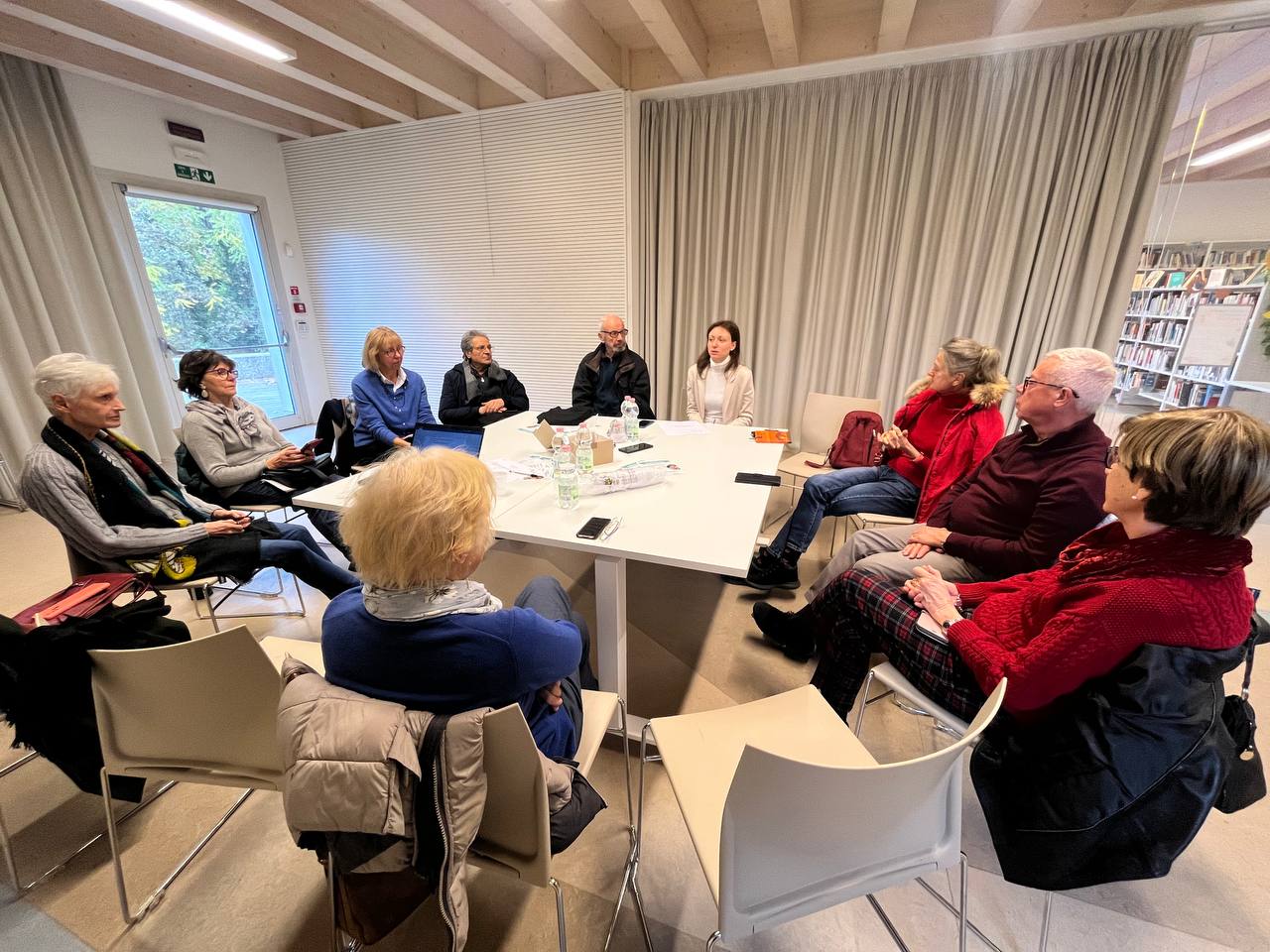The information collected shows a high and widespread interest in the service as a means to maintain autonomy and good health in the old age. Participants seem to strongly adhere to the assumption that well-being is the synthesis of physical, mental and social dimensions and that its maintenance requires a pro-active approach and constant dedication.
A hot topic was of course the PROCAREFUL app. Central gear of the model, the app represents simultaneously an element of attraction and a challenge, especially for the older adults. Indeed, the level of digital literacy is different among the participants, and some struggle more than others in getting familiar with its features.
Despite this, overall, the app’s structure and the proposed physical exercise, cognitive games, and social growth challenges were highly appreciated by participants, who recognize their relevance and consistency in the intention to preserve psycho-physical functions, well-being and consequent autonomy. Numerous suggestions for their potential development and improvement have been brought forward in order to make the app even more appealing and aligned with their goals when it comes to building and maintaining good habits. Besides this, a strong desire to socialise, create relationships, share experiences, and spend time together emerged. Indeed, many seniors made requests for additional opportunities for in-presence meetings.
The good feedback received so far makes us optimistic about the months of pilots still ahead to come. The next stages of the evaluation will surely tell us plenty of new and interesting developments. Stay tuned!
